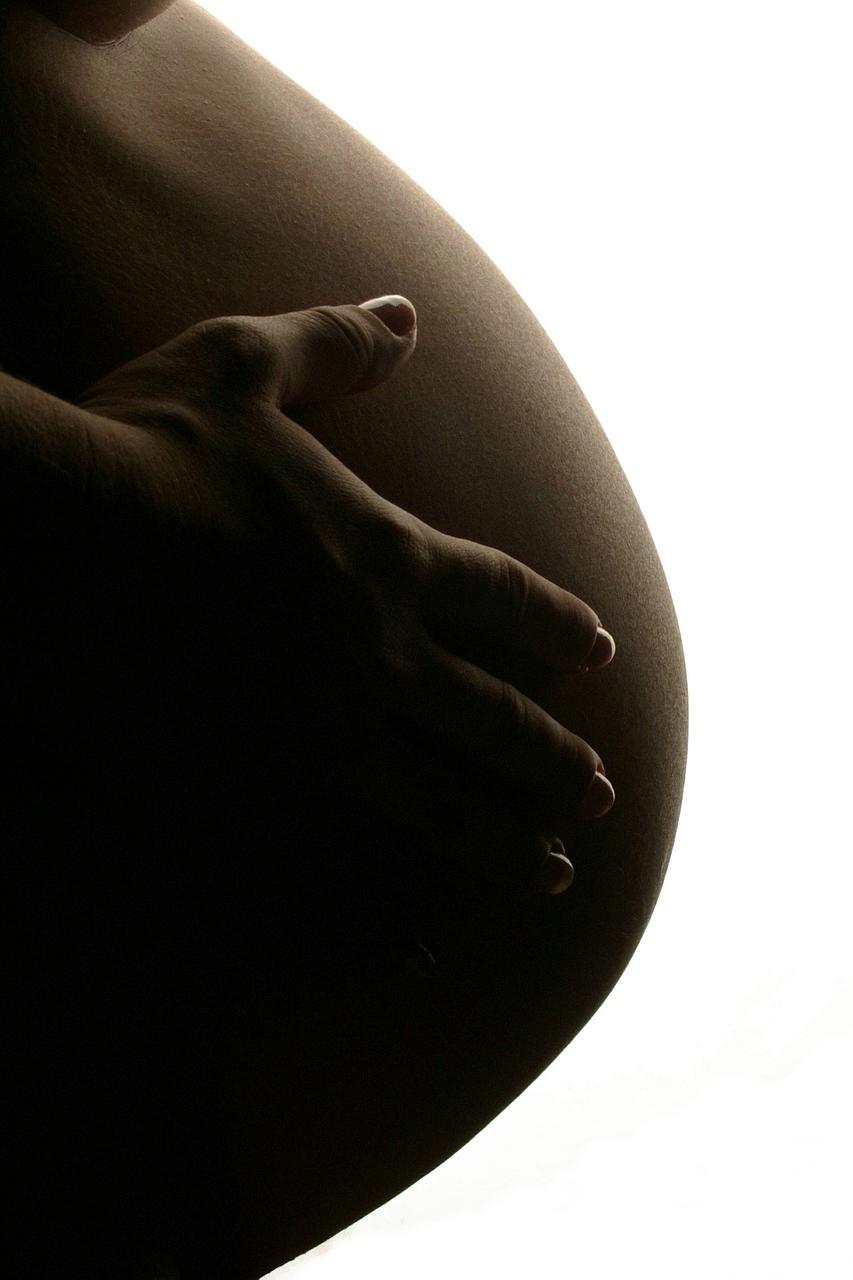When it comes to pregnancy, experiencing various aches and pains is not uncommon. However, when it comes to right lower abdominal pain, it’s essential to pay close attention. While right lower abdominal pain can indeed be a typical pregnancy symptom due to the body’s changes and growing uterus, it can also indicate a more serious issue that requires medical attention.
During pregnancy, the ligaments and muscles in the abdomen stretch to accommodate the growing baby. This stretching can often cause discomfort, including mild pain in the lower abdomen. As the uterus expands, it can put pressure on surrounding organs, leading to sensations of tightness or mild cramping, which can sometimes be felt more on either the right or left side.
However, right lower abdominal pain during pregnancy can sometimes be a sign of a more serious condition, such as appendicitis. Appendicitis is the inflammation of the appendix and is a medical emergency that requires immediate attention. Pregnant individuals are not immune to appendicitis, and in fact, it is one of the most common reasons for surgical intervention during pregnancy.
If you experience sudden, severe pain in the right lower abdomen, especially if it is accompanied by other symptoms such as fever, nausea, vomiting, or loss of appetite, it is crucial to seek medical help immediately. Prompt diagnosis and treatment of appendicitis are essential to avoid further complications for both the parent and the baby.
Other possible causes of right lower abdominal pain during pregnancy include round ligament pain. The round ligament supports the uterus and stretches as the uterus grows, leading to sharp, shooting pains in the lower abdomen. While round ligament pain is generally harmless, it can be intense and mimic the symptoms of more serious conditions.
In some cases, gastrointestinal issues such as constipation or gas can also cause discomfort in the lower abdomen, including on the right side. Hormonal changes during pregnancy can slow down digestion, leading to bloating, gas, and constipation, which may manifest as abdominal pain.
Additionally, conditions such as ovarian cysts or urinary tract infections (UTIs) can also cause pain in the lower abdomen. Ovarian cysts are fluid-filled sacs that can develop on the ovaries and may cause pain or discomfort. UTIs, on the other hand, can cause a variety of symptoms, including pain or burning during urination and lower abdominal pain.
It’s important to consult with a healthcare provider if you are experiencing persistent or severe right lower abdominal pain during pregnancy. Your provider can perform a physical examination, review your symptoms, and recommend further tests or treatments as needed to determine the underlying cause of the pain.
While occasional discomfort or mild pain in the right lower abdomen may be a normal part of pregnancy, it’s always better to err on the side of caution and seek medical advice if you have any concerns. Your health and the well-being of your baby are top priorities, and addressing any potential issues early can help ensure a safe and healthy pregnancy.
In conclusion, right lower abdominal pain during pregnancy can have various causes, ranging from normal pregnancy-related symptoms to more serious conditions such as appendicitis or other medical issues. Being aware of the potential causes of abdominal pain, monitoring your symptoms closely, and seeking prompt medical attention when needed are essential steps in ensuring a healthy pregnancy journey.

